You are here
New Releases
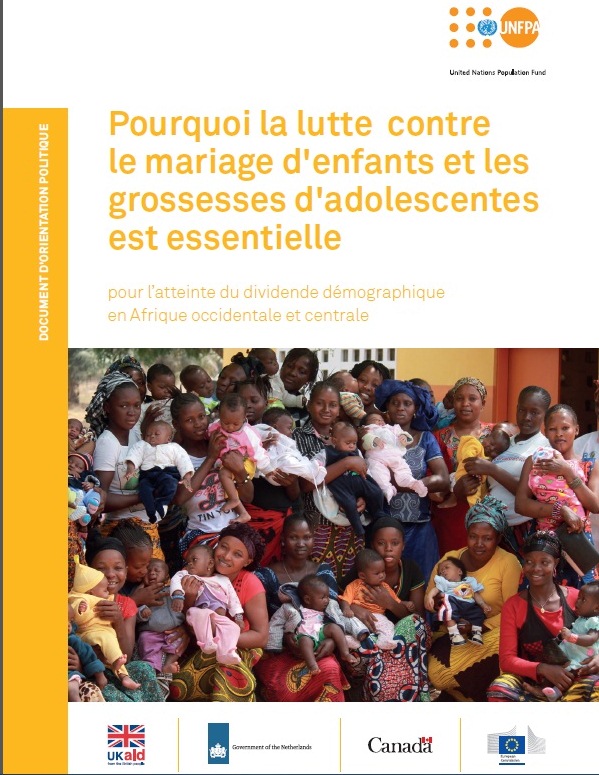
Why addressing child marriage and adolescent pregnancy is essential
The West and Central Africa region1 has 506.4 million people thus accounting for about 43 per cent of Africa's population. With current trends, the population is expected to increase to 756.2 million people by 2030.2 In addition, the population of West and Central Africa is predominantly young. More than 64 per cent are under the age of 24. These young people are a tremendous resource for the region but they face considerable challenges in terms of their health, education, employment and empowerment.
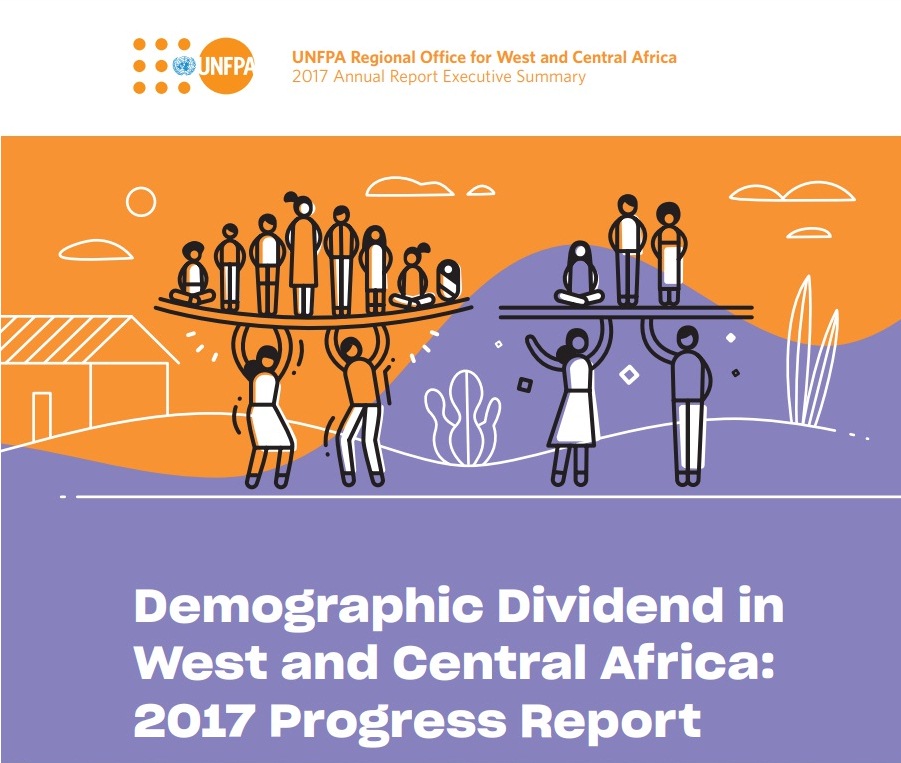
Demographic Dividend in West and Central Africa: 2017 Progress Report
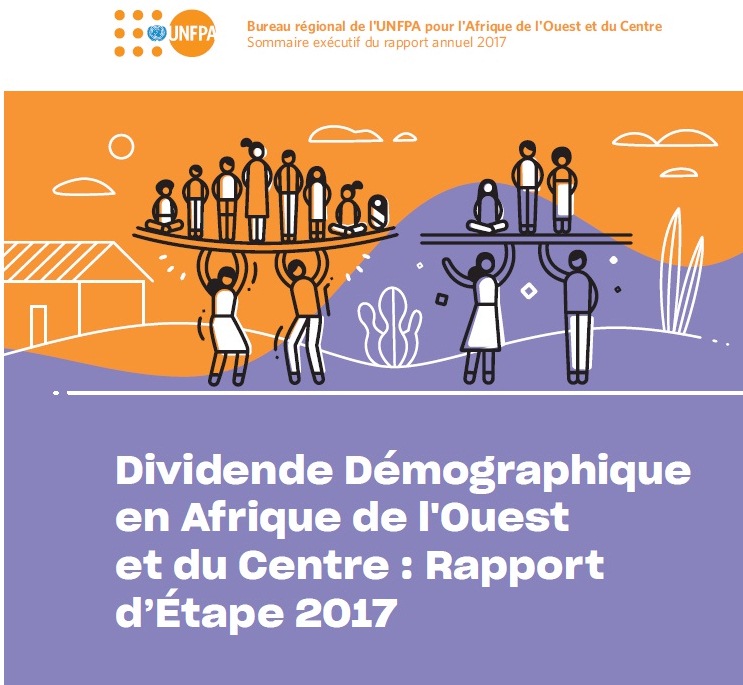
Demographic Dividend in West and Central Africa: 2017 Progress Report
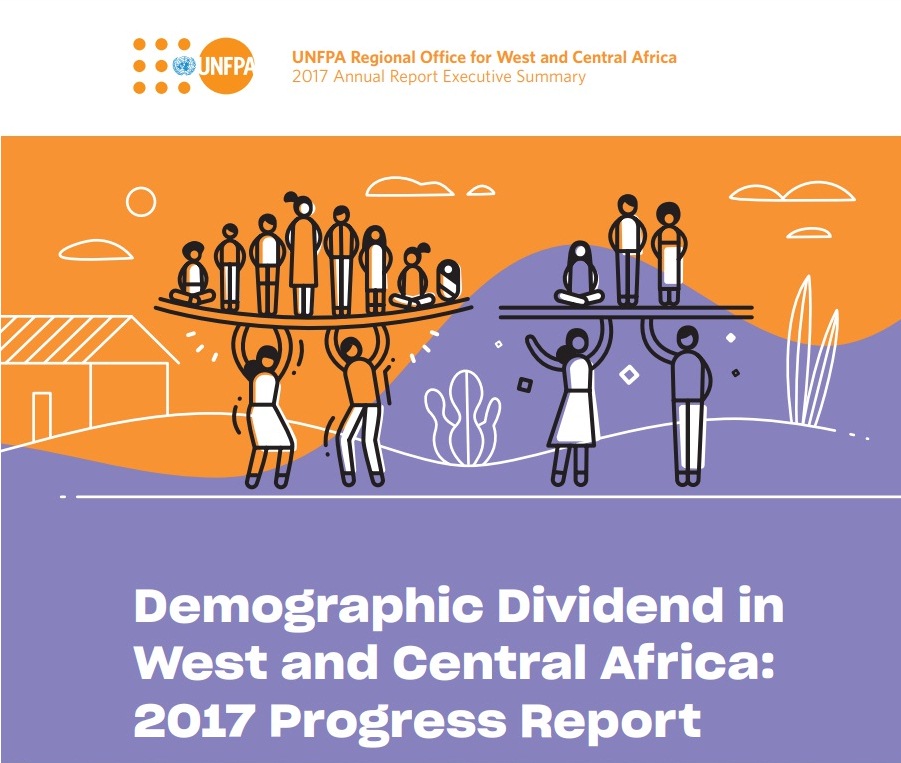
2017 Annual Report Executive Summary
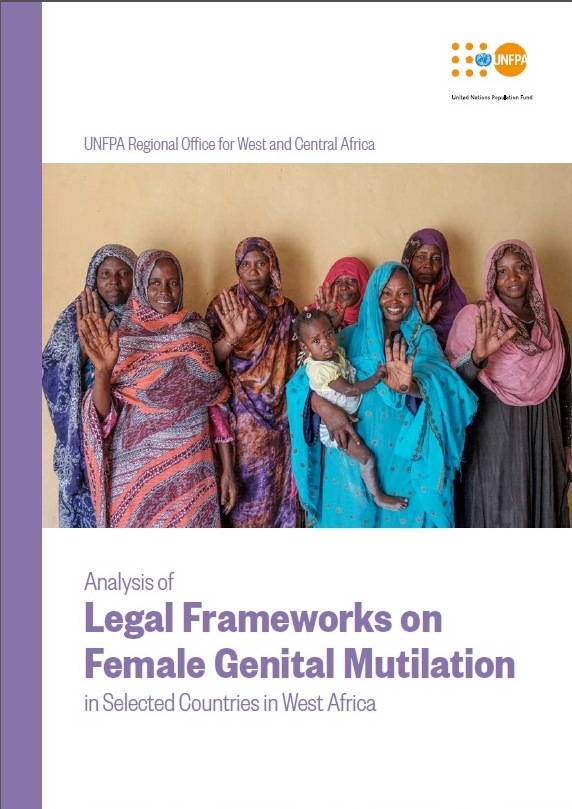
Analysis of Legal Frameworks on Female Genital Mutilation in Selected Countries in West Africa
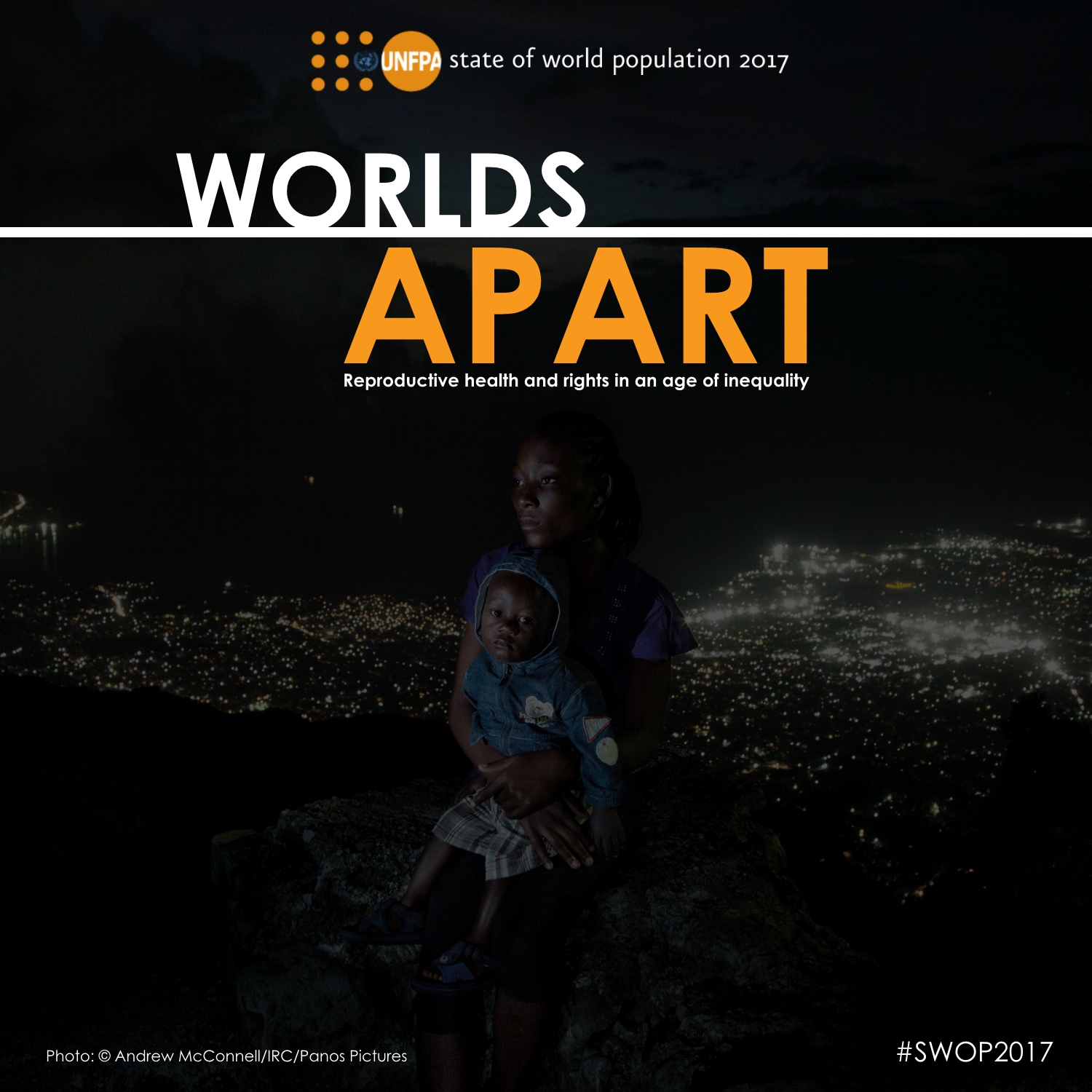
STATE OF WORLD POPULATION 2017
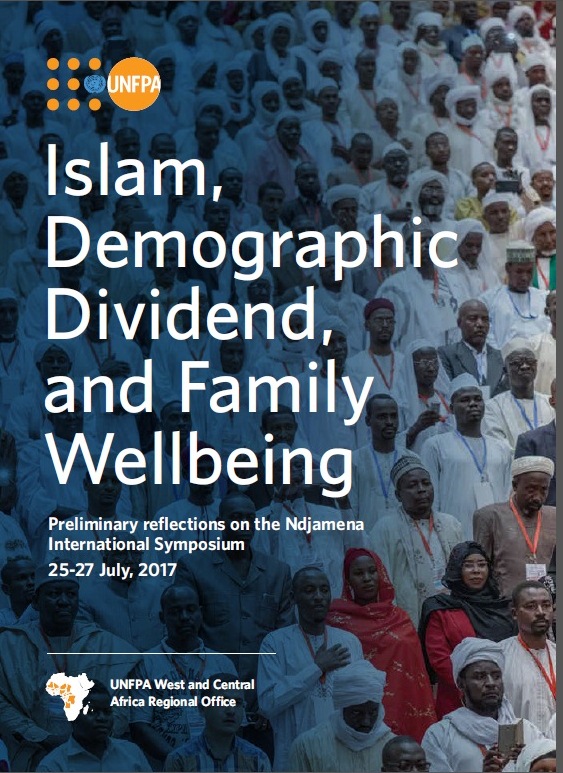
Islam, Demographic Dividend, and Family Wellbeing
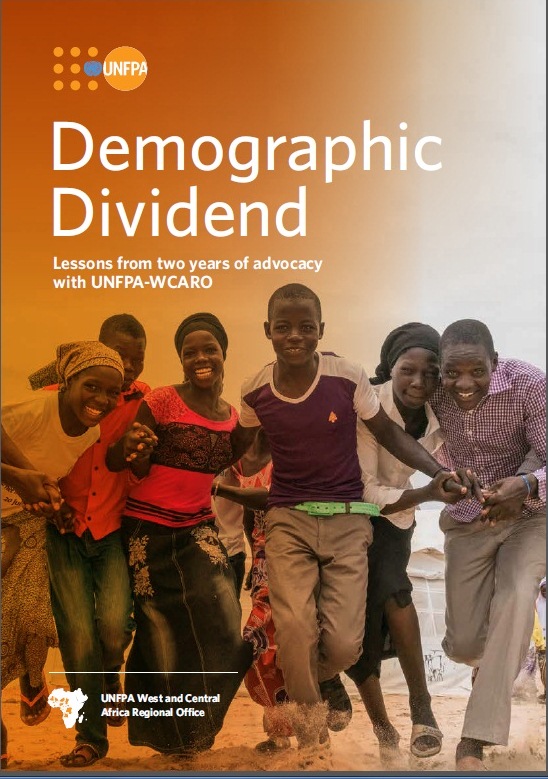
Demographic Dividend Lessons from two years of advocacy with UNFPA-WCARO
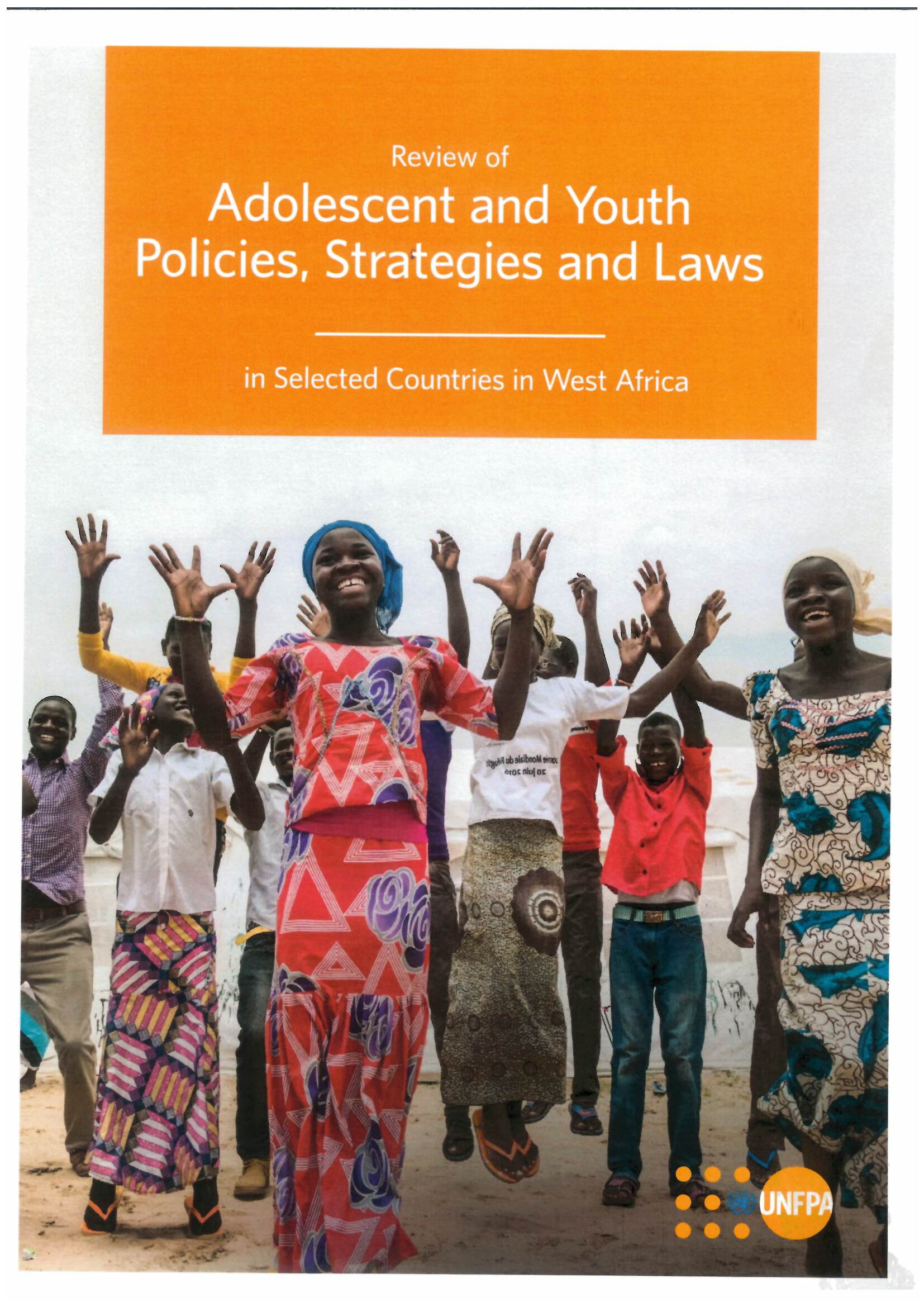
Review of Adolescent and Youth Policies, Strategies and Laws
Adolescent health and development are key foundations for a country’s economic development and political stability. The outcomes of adolescent health are closely linked with future adult development, infant and child mortality, maternal morbidity and mortality, and even long-term economic development.
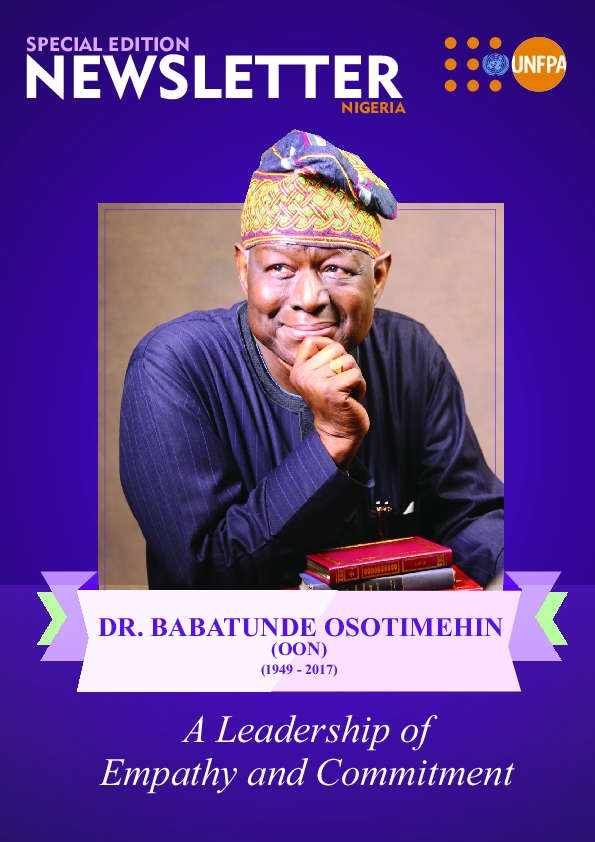
DR. BABATUNDE OSOTIMEHIN (OON) (1949 - 2017)
DR. BABATUNDE OSOTIMEHIN (OON) (1949 - 2017)